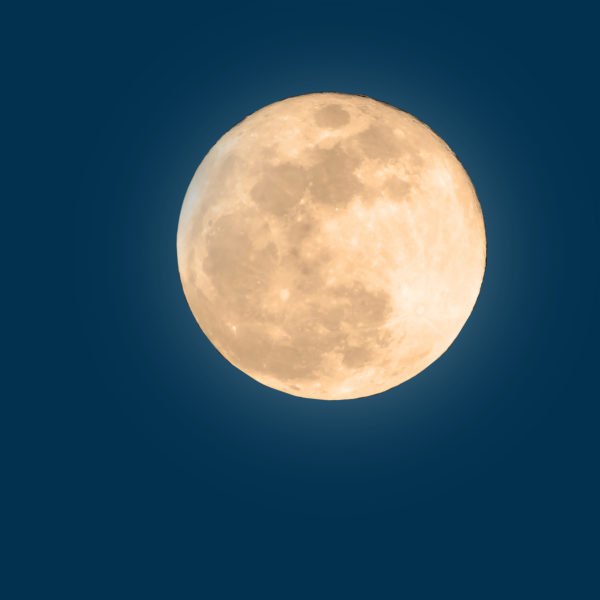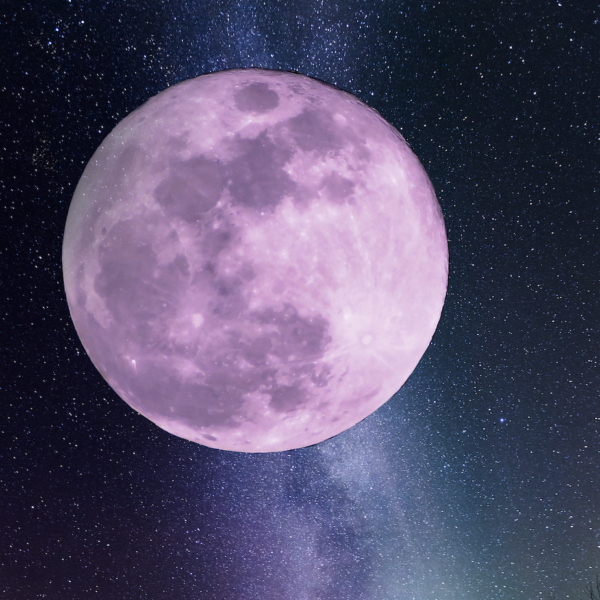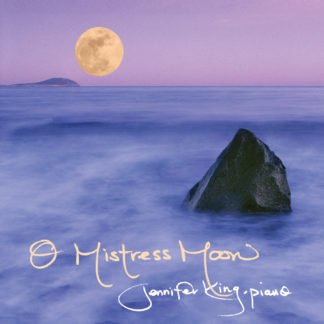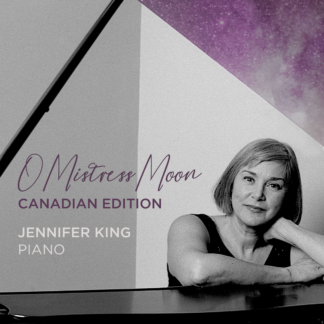Description
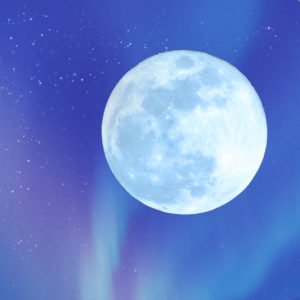
“In the Falling Dark 1” was composed by Derek Charke in 2014 as a commission by the Muzikon series for pianist Barbara Pritchard. The work is about the time of day known as dusk or twilight. In French this hour is known as ‘Entre Chien et Loup’ (translated as between dog and wolf). The mood begins from a recurring chorale to shimmering, repeated chord patterns opening to brooding moments and spaciously improvised solemn reflections.
March 26, 2021 – Worm Moon/ Maple Sugar (Folkloric/Mi’kmaq)
“Nocturne Op 97” by Richard Gibson
As would be expected from the title, I have tried through this piece to create music evocative of nocturnal mystery, introspection and the revelation of hidden meaning, in the same manner that the obscurity of nightfall can be conducive to personal introspection. Within a restrained registral compass, and against a background of mysteriously ambiguous inner-voice chords, certain anchor tones gain prominence through the progress of the piece, ultimately revealing the hidden structural ‘meaning’ in the form of the 12-note chord which concludes the piece. Of course, the compositional point of departure was simply to create a succession of beautiful sounds, in this case for Janet Hammock, a pianist and friend of long duration to whom the nocturne is dedicated. The revelation of a hidden meaning was a serendipitous by-product, dictated to me by the music, during a period of intensely focused composition.
April 23, 2021 – Birds Laying Eggs Moon (Folkloric/Mi’kmaq)
“Nocturne E. 93” by Sophie-Carmen Eckhardt-Gramatté
Sophie-Carmen Eckhardt-Gramatté was a mostly self taught, Russian-born Canadian composer. She also was a virtuoso pianist and violinist. This Nocturne is a childhood piece she wrote around the age of 13 and then later returned to revise and expand as an adult in 1936 while living in Berlin. There are influences of Chopin and Schumann but this is clearly the work of an expressive and independently minded artist.
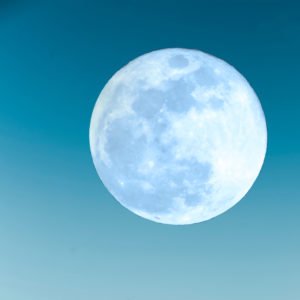
“Nocturne No. 1” by Sandy Moore
Sandy Moores’ Three Nocturnes were written in 1974 while he and Linda were awaiting the birth of their first child. Moore writes: My training at Mt. Allison University was rigorously classical, both in piano performance and composition. Chopin lifted me, both lyrically and mentally, from mechanized profoundness, and I bonded with his music through life’s emotional landscapes. Each of my Nocturnes is episodic and although inherently classical in style, they have the temperament of shifting thematic and variation statements, underscored by murmurs of calm and agitation.
No. 1 is more reminiscent of Erik Satie’s Nocturnes and is lyrical and meditative.
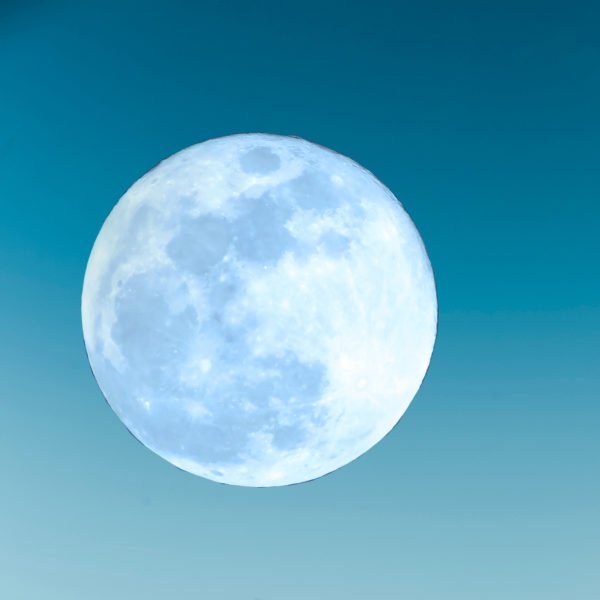
“Nocturne No. 2” by Sandy Moore
Sandy Moores’ Three Nocturnes were written in 1974 while he and Linda were awaiting the birth of their first child. Moore writes: My training at Mt. Allison University was rigorously classical, both in piano performance and composition. Chopin lifted me, both lyrically and mentally, from mechanized profoundness, and I bonded with his music through life’s emotional landscapes. Each of my Nocturnes is episodic and although inherently classical in style, they have the temperament of shifting thematic and variation statements, underscored by murmurs of calm and agitation.
No. 2 The composer describes it as a “broody” slice of life in the vein of a nighttime fantasy.

“Gliese 581c” by Emily Doolittle
Doolittle wrote this work for long-time friend and collaborator, pianist Rachel Kiyo Iwaasa in 2008. Gliese 581c was discovered in 2007, and is classified as a super-Earth planet. At first it was thought it may be habitable but it is now considered to be unlikely as it is tidally locked. A message from Earth was sent in 2008 with 501 messages and is expected to arrive in early 2029. This piece imagines us looking at the planet from space, watching it turn, and projecting our wonder, imagination, and hopes onto it.

“Nocturne No. 3” by Sandy Moore
Sandy Moores’ Three Nocturnes were written in 1974 while he and Linda were awaiting the birth of their first child. Moore writes: My training at Mt. Allison University was rigorously classical, both in piano performance and composition. Chopin lifted me, both lyrically and mentally, from mechanized profoundness, and I bonded with his music through life’s emotional landscapes. Each of my Nocturnes is episodic and although inherently classical in style, they have the temperament of shifting thematic and variation statements, underscored by murmurs of calm and agitation.
Nocturne No. 3 is the most dramatic and contrasting of the three. The composer writes: This Nocturne is like a dream – dreamy, listlessly lyrical at first, then surges of splendor and lurking uncertainty always settling back to the calmer state and simply ending.

“The Dreamer” by Kevin Lau
In the words of the composer: This piece sprang from my desire to explore a series of archetypes through music…..in this case, a person who ‘dreams’, and who (within those dreams) conjures up a reality that is in some ways more ‘real’ than the real world. There is a mystical element to all of this, the idea that by dreaming (and thus freeing oneself from the constraints of the physical world) one enters into a communion with the mysterious forces beyond our logical understanding.
The repeated E-flats act as the heartbeat of someone who is in a very deep sleep, but is still reaching out and searching to embrace better worlds in one’s dreams.

“Image Astrale” by Jean Coulthard
In my opinion Jean Coulthard is one of Canada’s great composers who lived for almost the entire 20th century. She is part of a trio of Western Canadian composers that dominated the Canadian music scene at this time; Barbara Pentland and Violet Archer are part of this illustrious group. I first discovered her music through her songs. The piano parts were so evocative and impressionistic and this led me to search out her solo repertoire. Coulthard joined the first rank of the music dept at UBC to teach theory and composition. She has fostered many Canadian composers and has left a legacy of music for orchestra and chamber ensembles.
The piece combines the neo-impressionistic qualities of rich textures and flexible rhythms, while incorporating dissonant twelve-tone and tone cluster pitch organization.
November 19, 2021 – Beaver Moon/ Rivers about to Freeze (Folkloric/Mi’kmaq)
“Rivers Freezing Over Moon” by Richard Gibson
Opus 108 Rivers Freezing Over Moon was written as part of my contribution to Jennifer King’s fascinating recording project involving musical depictions of the twelve months in the Miq’maw lunar calendar. By happy coincidence the Rivers Freezing Over Moon, which occurs in late October/November, is also the time during which I tend to be most musically prolific, a pleasant time of year for me. Though not programme music per se, this piece purports to convey the opposing features of the beautiful austerity of the approaching cold season, represented by the glacially ‘indifferent’ high register arpeggios, and the dormant seeds of future new life, which are musically portrayed by the contrasting darker chordal gestures.
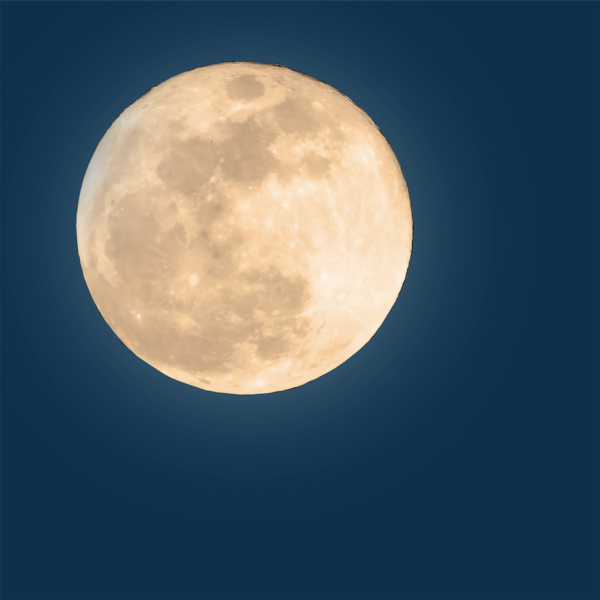
“Espaces” by Richard Gibson
This is the 17th Prélude marked Lent and is a study in resonance and overtones using long damper pedals and frequent fermatas in order to be immersed in the “ringing” of the piano strings. The feeling of outer space where the moon, the stars and our planets reside are represented in the spaciousness of the music.
January 14, 2022 – Wolf Moon/ Tom Cod Spawning or Frost Fish Spawning (Folkloric/Mi’kmaq)
“Frost Moon” by Amy Brandon
Frost grows in two types of movements – a flash freeze, followed by the growth of a slow fractal patterns of frost flowers. With Frost Moon I tried to capture this freezing effect in sound – a violent sudden crystallization, followed by intricate lattice-work, growing and overlapping in self-same patternings.






